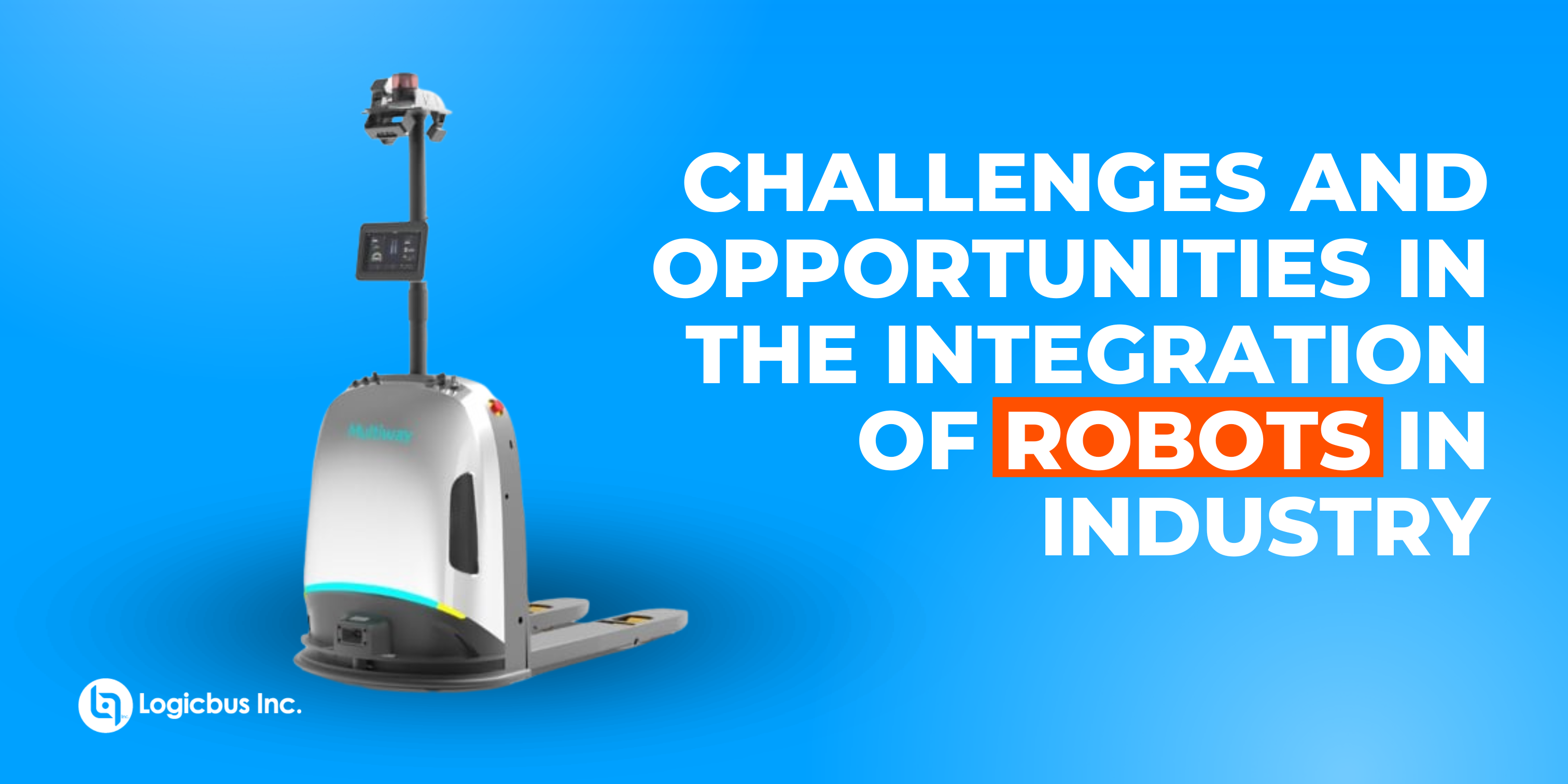Challenges in the Integration of Robots
- Initial Implementation Costs: The initial investment to acquire and integrate robots can be significant. This includes not only the cost of the robots but also the necessary infrastructure, software, and personnel training.
- Workforce Adaptation: The introduction of robots can create uncertainty among employees. Proper change management is essential, offering training and ensuring that workers understand how to collaborate with their new robotic colleagues.
- System Interoperability: Integrating robots into an existing industrial environment can be complex, especially when it involves making new systems work with existing software and hardware systems.
- Maintenance and Technical Support: Ensuring regular maintenance and having specialized technical support is crucial to avoid unexpected downtimes that can affect production.
- Safety: Safe interaction between robots and humans is a priority. Implementing adequate safety measures and complying with regulations is fundamental to prevent accidents.
Opportunities of Industrial Robotics
- Increased Productivity: Robots can operate continuously and precisely, significantly boosting productivity and reducing human errors.
- Long-Term Cost Reduction: Although the initial investment is high, robots can reduce operational costs in the long run by improving efficiency and decreasing labor and error-related expenses.
- Improvement in Product Quality: The precision and consistency of robots can lead to a noticeable improvement in the quality of the final product, which in turn can increase customer satisfaction and reduce returns and complaints.
- Flexibility and Scalability: Modern robots, especially those from Multiway Robotics, are highly flexible and can be reprogrammed to perform different tasks, facilitating adaptation to new product lines or changes in production.
- Innovation and Competitiveness: Adopting robotic technologies places companies at the forefront of industrial innovation, allowing them to remain competitive in an increasingly demanding global market.
Multiway Robotics: Overcoming Challenges and Seizing Opportunities
Multiway Robotics offers solutions designed to overcome the challenges of robotic integration in industry. Their robots are equipped with advanced technologies that facilitate interoperability, safety, and ease of use. Additionally, Multiway Robotics provides robust technical support and training programs to ensure that companies can maximize the benefits of their robotics investments.
In summary, while the integration of robots in industry presents certain challenges, the opportunities and long-term benefits are significant. With the right support and the choice of technological partners like Multiway Robotics, companies can navigate this process effectively and position themselves for a more productive and competitive future.
sales@logicbus.com | support@logicbus.com | +1 619 616 7350 | Start conversation





